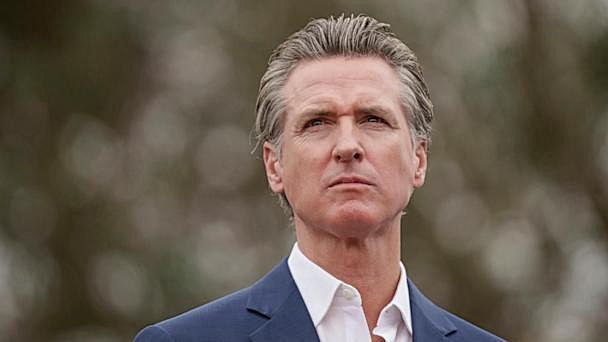California Governor Gavin Newsom has vetoed Senate Bill 1047, which aimed to regulate the development of artificial intelligence (AI) models in the state. The bill would have required testing of AI models to prevent mass death, attacks on public infrastructure, and cyberattacks. It also included provisions for whistleblower protections and the creation of a public cloud for the development of AI for public benefit. However, Newsom raised concerns about the broad regulatory approach of the bill, stating that it lacked empirical analysis of the actual threats posed by AI.
Newsom specifically criticized the bill for mainly targeting expensive AI models, those costing over $100 million or requiring a certain level of computing power. He argued that smaller, specialized models could be equally or even more dangerous to public safety and critical infrastructure. The governor believed that the legislation could hinder advancements in AI technology and create a false sense of security. He also highlighted the bill’s failure to consider the deployment of AI models in high-risk environments or the use of sensitive information.
Despite vetoing SB 1047, Newsom expressed his belief in the need for AI regulation in California and his commitment to working with the Legislature, federal partners, and stakeholders to find an appropriate path forward. Democratic Senator Scott Wiener, the bill’s author, expressed disappointment in the veto, calling it a missed opportunity for California to lead in tech regulation. Supporters of the bill, including Elon Musk and various organizations, advocated for stronger oversight of AI in critical decision-making processes.
On the other hand, opponents of the bill, such as Google, Meta, and OpenAI, argued that it would hinder economic growth and the development of the AI industry in California. Several members of the California congressional delegation also urged Newsom to veto the bill prior to its passage. Despite the veto, other bills are still in place to require businesses to disclose information about AI usage and provide tools for determining media authenticity.
The veto of SB 1047 has disrupted efforts to align California’s AI regulation with the European Union’s AI Act. In response to the growing concerns about AI’s impact on critical infrastructure, Newsom previously issued an executive order in September 2023, instructing California agencies to perform risk assessments. The U.S. A.I Safety Institute, a division of the National Institute of Science and Technology, is also developing guidelines to address security risks associated with AI.
Discover more from Tension News
Subscribe to get the latest posts sent to your email.

